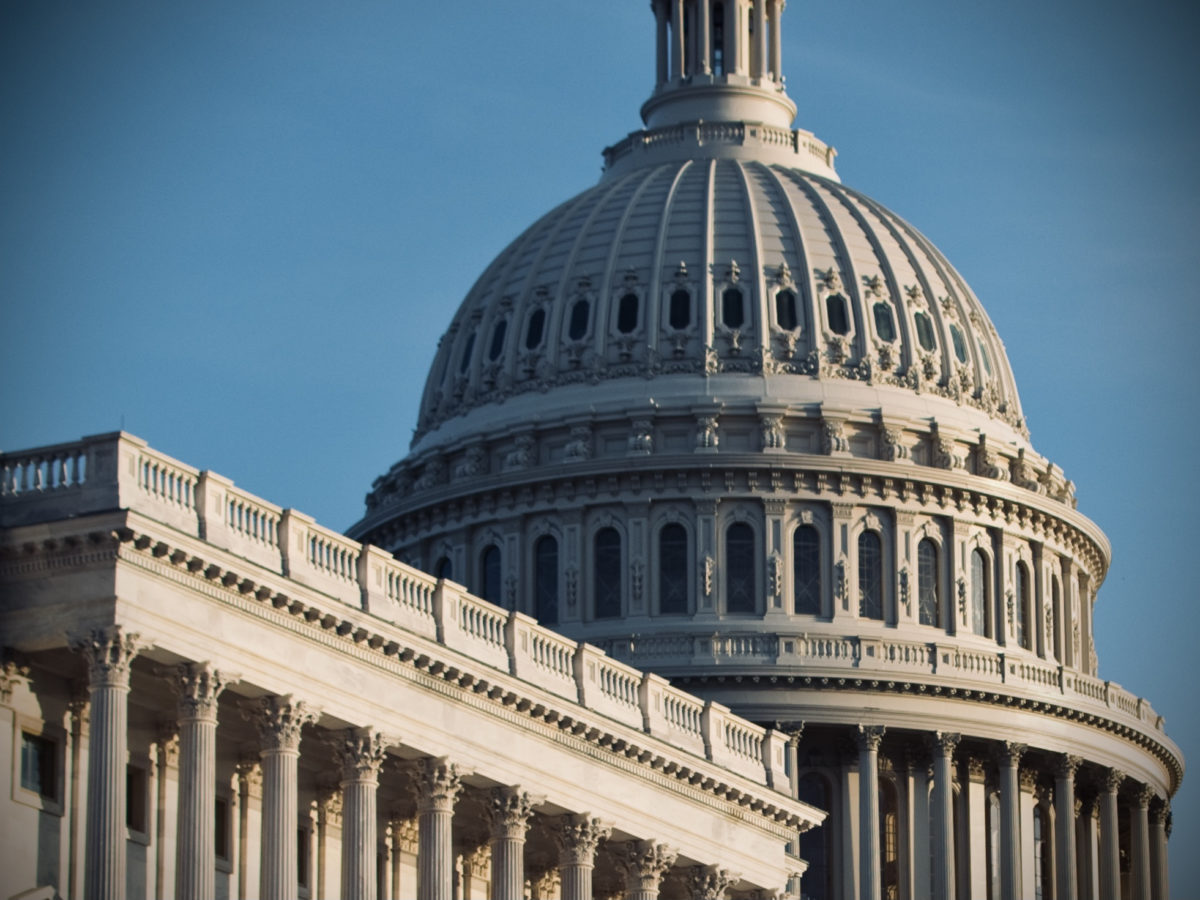
The fight for prescription drug affordability took a major step forward with enactment of the Inflation Reduction Act. This law aims to curb unsustainably high drug prices by allowing Medicare to negotiate prices with manufacturers for certain drugs and penalize manufacturers that raise drug prices above inflationary levels. The law also includes provisions to limit Medicare beneficiary out-of-pocket costs for insulin. We are glad to see these steps forward, but more work needs to be done.
Nothing is more emblematic of out-of-control drug prices than the cost of insulin. Despite its greater than 100-year history, manufacturers continue to raise prices for this vital, life-saving drug, adding to the burden of patients and the entire health care system. Between 2012 and 2016, list prices of insulin products doubled and continued to increase, rising 40.1% over a five-year span between 2014-2018.
While the Inflation Reduction Act caps out-of-pocket insulin costs for Medicare beneficiaries, the Senate has drafted additional legislation, the Improving Needed Safeguards for Users of Lifesaving Insulin Now (INSULIN) Act, that would attempt to address insulin costs in the commercial and self-insured markets, which represent over half of the insured population. Although well intentioned, the proposal–and others like it–would have little impact on insulin affordability and will ultimately make the problem worse. Three concerns with these bills stand out, and we offer an alternative path to meaningfully address high insulin prices.
Strike one is a provision that would allow insulin manufacturers to get a special certification for their products if they agree to keep their list prices no higher than 2021 pricing levels. This provision goes the wrong direction: it locks in manufacturers’ current sky-high prices. In fact, manufacturers could still raise their prices in accordance with inflation and receive additional, special protections for their certified products. Locking in elevated 2021 prices rewards decades of irresponsible, aggressive pricing behavior.
Strike two is the stripping away of purchasers’ ability to negotiate lower prices from insulin manufacturers. Kaiser Permanente’s evidence-driven approach to purchasing and formulary development focuses on the highest-value products, which helps us maintain affordable access to insulin and other drugs for our members. In the case of insulin, we insulate our members from rising prices by negotiating discounts for preferred insulin products and placing them on a generic tier with low cost-sharing. Over 70 percent of our insulin prescriptions are prescribed at the generic tier, with cost-sharing on this tier almost always below $35, the cost-sharing cap level included in the INSULIN Act. Losing the ability to negotiate discounted prices and forcing purchasers such as us to pay 2021 prices will raise, not lower, insulin costs. Locking in 2021 prices while stripping purchasers of the ability to negotiate lower prices is beyond a reward for past bad behavior – it is a license to future worse behavior.
Strike three is requiring health plans to cover all certified insulin products. While we want to encourage patient access to high-quality, effective products, such a mandate would essentially end our ability to prioritize therapies that deliver positive clinical outcomes at a lower cost by destroying competition among insulin manufacturers. New insulins and other diabetes medications such as quick pen combination products, once and twice daily formulations, and new oral agents come to market regularly, but do not always offer meaningful clinical advantages for all patients, nor warrant their often significantly higher prices. Designating preferred, clinically approved and cost-effective insulins helps us mitigate the impact of ever-increasing prices to the greatest extent possible while delivering high-quality care. Forcing coverage of all certified insulin products, as put forth in the INSULIN Act, would eviscerate the ability to encourage use of cost-effective, high-quality insulins, would increase use of more expensive products, and undermine efforts to bring biosimilar competitors to the market.
Cost-sharing caps alone, while offering short-term financial relief, do not address the underlying issue of high prices set by manufacturers. Without simultaneous policies to address heavily marketed, over-patented, high-priced products, cost-share caps can exacerbate the problem. High insulin prices must still be absorbed by employers and individual premium-payers, taxpayers, and the rest of the health care system.
Congress should instead focus on policies that encourage, not undermine, development of biosimilar insulins – lower cost, highly similar or interchangeable alternative products – that could help make the market more competitive and get to the root problem of ever-higher list prices. Breaking down broader barriers to market entry would allow lower-cost insulins to gain a meaningful foothold in the market. Similarly, efforts to facilitate the development of interchangeable insulins and reduce anticompetitive behavior could incent capable manufacturers to develop biosimilar insulins and lower costs across the entire health care system.
Meaningful policy solutions must promote competition and affordability, while preserving purchasers’ ability to negotiate lower prices and make formulary decisions driven by solid evidence. These tools are critical to drive price competition, and we encourage Congress to bring forth comprehensive proposals that address the root causes of high prices in this country.
